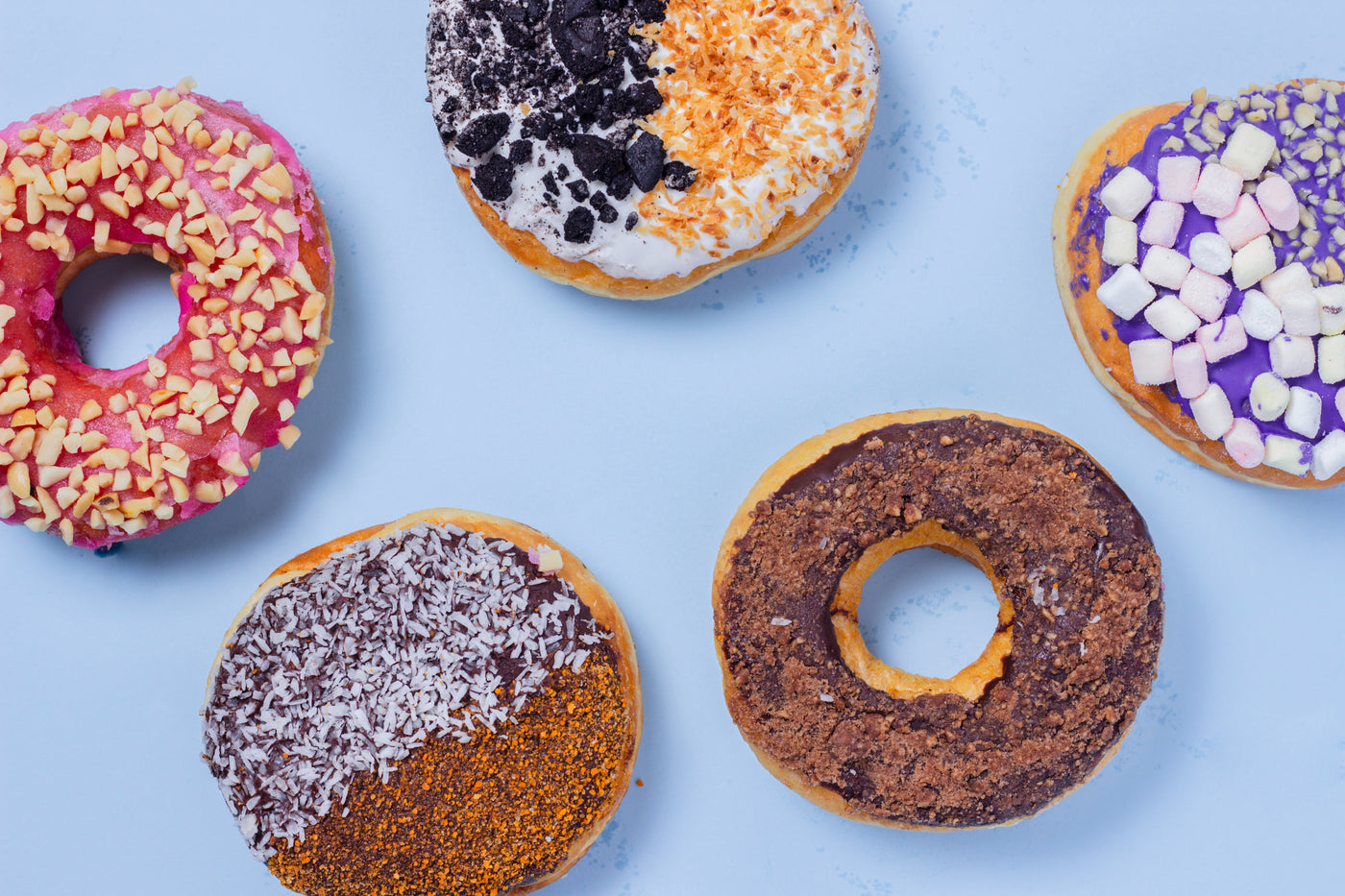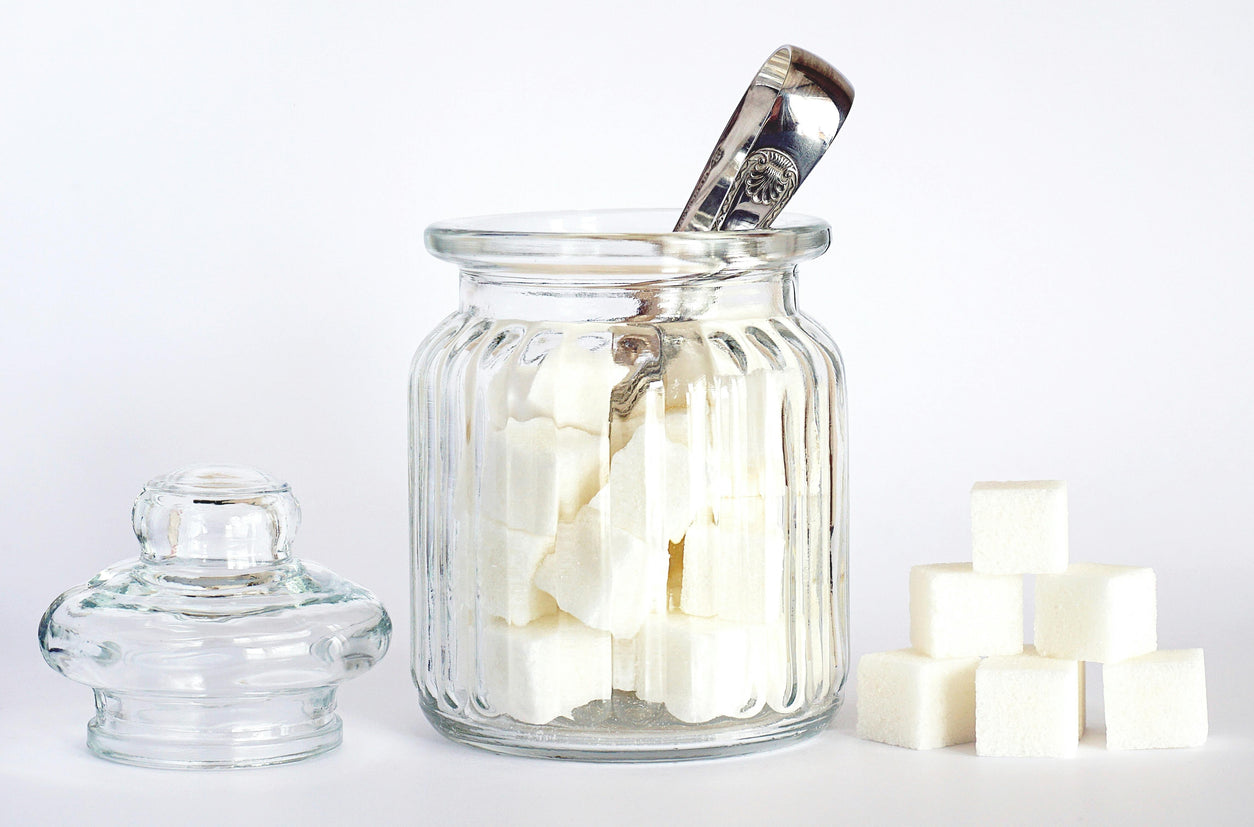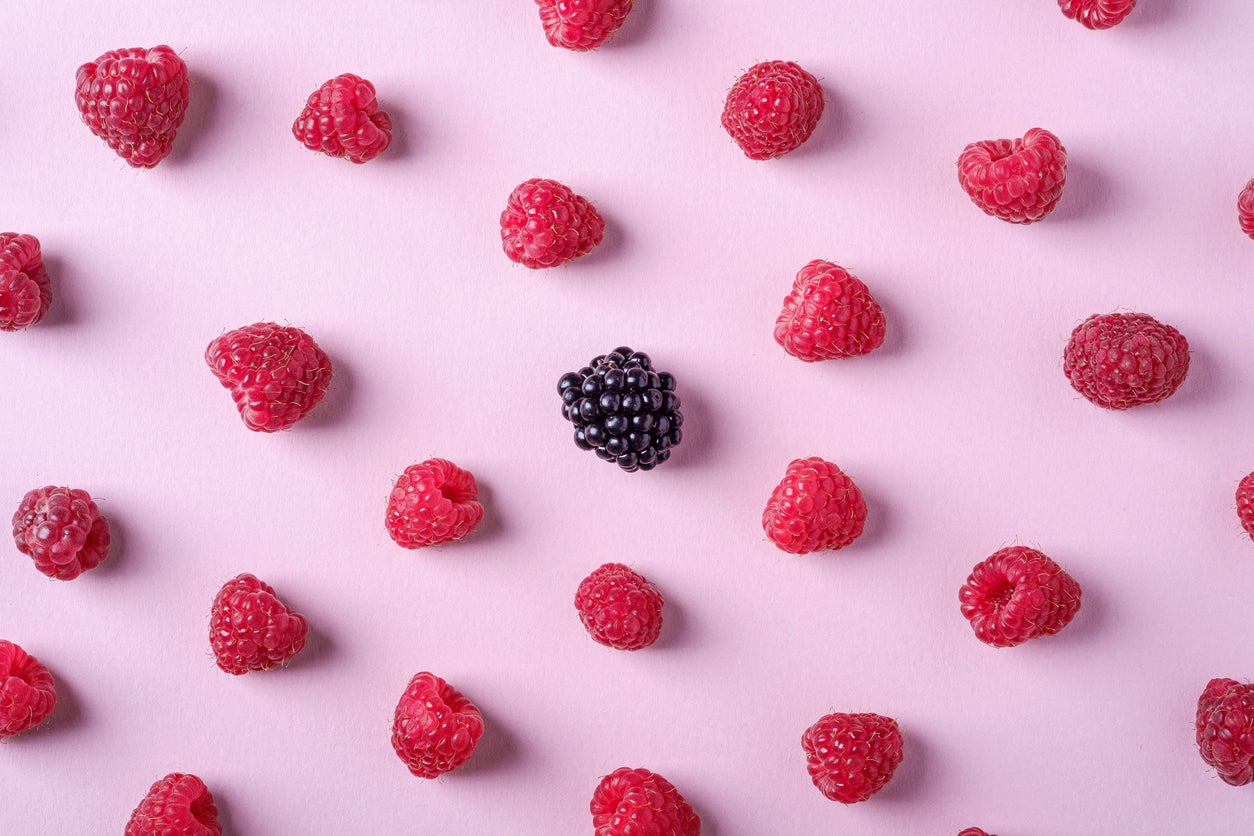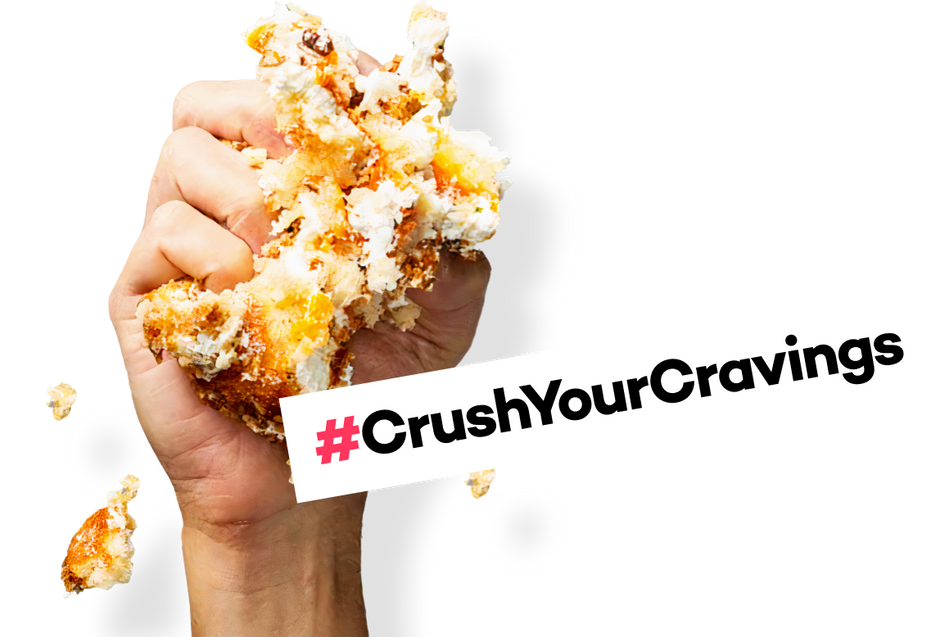How’s your relationship with sugar? Not great? We get it. Like a toxic partner you know you need to break up with, sugar always finds a way to persuade you that you need it, that you can’t be happy without it.
Guess what? You can.
Whether you’ve had just one too many afternoon sweet snacks, realise you buy more desserts than you probably should or you need a reset after too much indulgence, a sugar detox can help - and maybe even change your life.
You may not realise it, but when you binge sugar, you’re welcoming low energy, fatigue, anxiety and brain fog into your life. And if you experience this every day, you’re not operating at 100%.
OK, so you’re convinced: sugar is bad. The problem is, going cold turkey and quitting sugar once and for all isn’t for everyone. It’s actually impossible to cut out every trace of sugar.
We prefer the easier approach where sugar detoxing is a lifestyle change created by habits. Here’s everything you need to know about sugar detoxing naturally.
What is a Sugar Addiction and Is It Really That Bad?
You don’t have to have a sweet tooth to have a sugar addiction. Added sugar has a sneaky way of turning up in most of your everyday foods - even those you wouldn’t usually consider sweet. The main culprits are high-starch carbohydrates like bread, potatoes and pasta.
But what’s the problem? Think about your day-to-day. Do you find yourself feeling sluggish, bloated or anxious? That could very well be the sugar in your diet. If you’re constantly feeling low energy, struggling with digestion problems and finding it hard to focus in the afternoons, it’s time you start looking at your sugar consumption.
In the long term, excess sugar can not only increase the very real risk of obesity, diabetes and heart disease, but it can also speed up the ageing process on your skin and, of course, cause you to need your dentist on speed dial.
Think you may have a sugar addiction? Here are the signs:
- You have cravings even though you know you aren’t hungry
- You can’t say no to sugar
- You experience highs and lows with mood and energy, often crashing after eating sugar
You get sugar withdrawal symptoms and strong cravings when you cut back or don’t eat as much sugar.
What is a Natural Sugar Detox?
Here on the internet, you’ll find plenty of people recommending the cold turkey approach. Not only is going cold turkey not for everyone, but it also probably won’t work. Drastic changes rarely do. Sure, you’ll hear about the rare success story - but that’s only because it’s rare enough to shout about from the rooftops.
Using the science of habit change, you can quit sugar in a way that’s gradual, sustainable and feels natural.
Let’s get real. It’s impossible to consume no sugar at all, whatever your diet. Instead, your goal should be to target the added sugars. Already that’s far more realistic (a key to SMART goals).
Even though the process is slower, in the short term, you should still notice your energy levels increasing in just a few days.
How the Habit Change Approach Works
The goal is to retrain both your taste buds and your habits. By slowly eliminating food with added sugars, you’ll start retraining your taste buds to prefer savoury foods and eventually find sugary foods “too sweet”. That’s why sugar substitutes like stevia and aspartame (and your favourite sugar-free drinks) won’t help you.
Start with small changes. One way is to choose one or two foods with added sugar that you have every day (e.g: fizzy drinks, biscuits with your tea or dessert) and slowly cut these out of your diet over the space of a couple of weeks. Alternatively, you can start by cleaning up one meal at a time for however long it takes you to feel ready for the next one.
It may be tempting to introduce new habits, such as intermittent fasting. While that can have its benefits, you’ll probably find it hard to balance two big habit changes, increasing the risk of giving in to temptation.
What to Eat
A whole-food diet is by far the best option for eliminating added sugars. Avoiding hidden sugars in processed and packaged foods is far more hassle than it’s worth. By sticking to whole foods, you’ll feel confident you’re on track.
While a cold-turkey advocate would disagree, if your sugar cravings are impossible to ignore (and you don’t have your Killa Vanilla handy) you can have fresh fruit. The sugars are natural and fruit also contains nutrients and fibre to slow the absorption of sugar into the bloodstream.
Recommended foods:
- Whole foods
- Protein (with everything)
- Non-starchy vegetables and leafy greens
- Healthy fats
- Fresh fruit
- Complex carbs (in moderation)
And hydrate! Drinking more water is one of the best things you can do to improve your life. It helps pretty much everything.
What Not to Eat
Sugar could be hiding anywhere. To make sure it’s not sneaking into your detox, be sure to read the labels of what you buy and eat. Condiments, sauces and dressings are all ones to watch out for - you’d be surprised just how much added sugar is in these.
You’re looking for ingredients like agave nectar, brown rice syrup, high fructose corn syrup, dextrose, evaporated cane juice, lactose, malt syrup, molasses and sucrose to name a few. Not all of these are “bad” sugars, but sugar is still sugar.
Foods to avoid:
- Packaged and processed food
- Fat-free products (fat is replaced with sugar)
- High starch carbohydrates
- Dairy
Manage Stress
We’ve all experienced stress eating, and it usually works, right? That’s because sugar has a seemingly calming effect on your stress hormones, leading your body to crave sugary snacks in times of distress. Don’t let it trick you into thinking it’s helping though - the fatigue and anxiety it causes will only add to your stress.
If you can, time your sugar detox during a less stressful period. If stress does strike, try different techniques to help manage it. Mindful practices like meditation or yoga can help you relax, or you can simply focus on your breathing or take a walk.
Prioritise Sleep
Sugar and sleep are trapped in a vicious cycle. The more sugar you consume, the lower the quality of your sleep. When you get less sleep, it alters your appetite-regulating hormones and causes increased cravings - not to mention, you’re still tired.
So what do you do? Eat more sugar.
During the detox process, pay extra attention to your evening and sleep routines to ensure you’re doing everything you can to increase that sleep quality. The more deep sleep you get, the easier it should be to resist cravings.
Get Moving
It’s normal to feel lower energy levels while detoxing. After all, you’ve been relying on sugar to fuel you up until now. Regular exercise will naturally boost those energy levels and also normalise insulin levels and boost your overall health.
Getting a sweat on will help your body detoxify faster, whatever it is you’re trying to detox from.
Final Thoughts
Starting your sugar-free journey can be daunting, but the benefits of detoxing from sugar are too important to ignore: more energy, better focus and far less risk of serious health problems. Thankfully, this more natural approach is simple to ease into with no sudden changes or huge restrictions.
To break free of your sugar addiction and make sugar detoxing even easier, we created Killa Vanilla.
Killa Vanilla is a simple, pocket-sized yet effective craving killer that combines neuroscience and habit change to help you break free of sugar in just three months.










